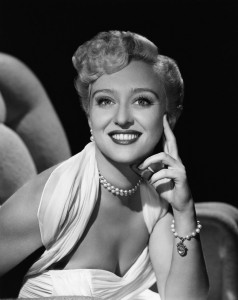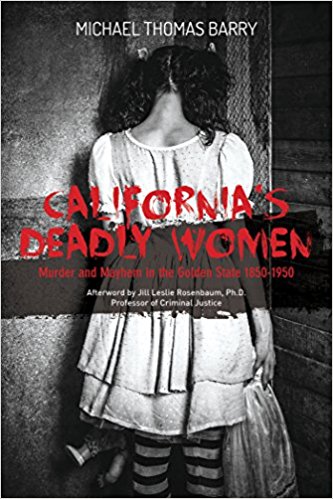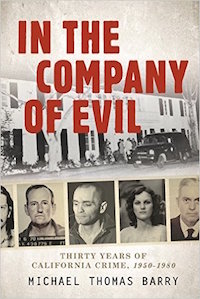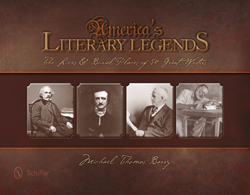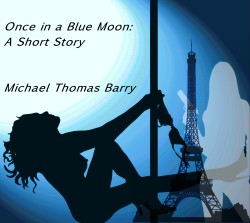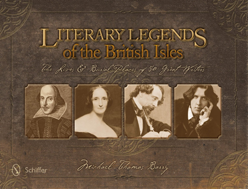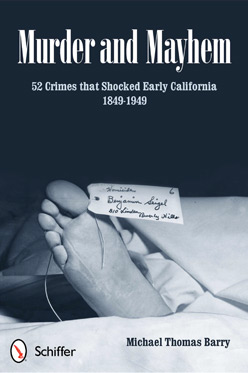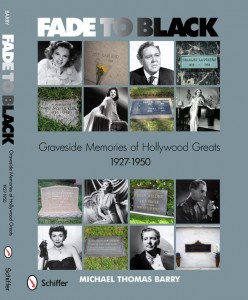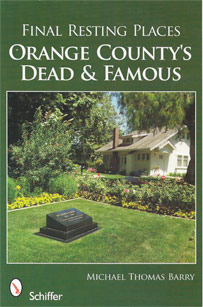07.16
Yesterday, July 15, 2012, one of the last remaining stars from the Golden Age of Hollywood, Celeste Holm winner of the 1947 Oscar for Best Supporting Actress died at age 95. In the summer of 2010, I was fortunate to meet Celeste and she graciously agreed to review my 2nd book. She was candid about her love of Broadway and life on the silver screen and these kind comments will always be cherished. She preferred to be known as a stage actress and changed my words from “bright lights of Hollywood to the brighter lights of Broadway.” Always polite about her fellow actors and actress, she saw Bette Davis as the consummate professional, although cold and aloof to her fellow co-stairs.
Her quote for the back of my book “Fade to Black” reads in part –
“This is an enjoyable read offering more than the interesting anecdotes and history so well described by Michael Barry, but an opportunity for loyal fans to pay their respects to those they loved and admired…and I hope others enjoy it as much as I have.”
She was a true legend and beautiful actress that will be missed. With Holm’s passing their are now only two living Oscar winners of the Golden Age of Hollywood, Olivia De Havilland and Luise Rainer. Born and raised in New York City, Holm grew up as an only child. Her mother, Jean Parke, was an American portrait artist and author; her father, Theodor Holm, was a Norwegian businessman whose company provided marine adjustment services for Lloy’d of London. Because of her parents’ occupations, she traveled often during her youth and attended various schools in Holland, France and the United States. She graduated from University High School for Girls in Chicago, where she performed in many school stage productions. She then studied drama at the University of Chicago before becoming a stage actress in the late 1930s.
Holm’s first professional theatrical role was in a production of Hamlet starring Leslie Howard. Her first role on Broadway was a small part in 1938 comedy Gloriana, which lasted five performances. Her first major Broadway part was as Mary L. in the 1940 revival of The Time of Your Life co-starring fellow newcomer Gene Kelly. The role that got her the most recognition from critics and audiences was Ado Annie in the flagship Broadway production of Rodgers and Hammerstein’s Oklahoma in 1943. After she starred in the Broadway production of Bloomer Girl, 20th Century Fox signed Holm to a movie contract in 1946. She made her film debut that same year in Three Little Girl’s in Blue. In 1947 she won an Oscar and Golden Globe for Best Supporting Actress in Gentlemen’s Agreement. After her performance in All About Eve, however, Holm realized she preferred live theater to movie work, and only accepted a few select film roles over the following decade.
In 1958, she starred as a reporter in an unsold television pilot called The Celeste Holm Show, based on the book No Facilities for Women. In 1965, she played the Fairy Godmother alongside Lesley Ann Warren in the CBS production of Cinderella. In 1970-71, she was featured on the NBC sitcom Nancy, with Renne Jarrett. She last appeared on television in the CBS television series Promised Land (1996–99). Holm’s was married five times, and had two children. On April 29, 2004, her 87th birthday, Holm married opera singer Frank Basile, age 41. According to her husband, Holm had been treated for memory loss since 2002, suffered skin cancer, bleeding ulcers and a collapsed lung, and had hip replacements and pacemakers. In June 2012, Holm was admitted to New York’s Roosevelt Hospital with dehydration. She suffered a heart attack on July 13 in the facility, dying at home on July 15 where she chose to spend her final days.

